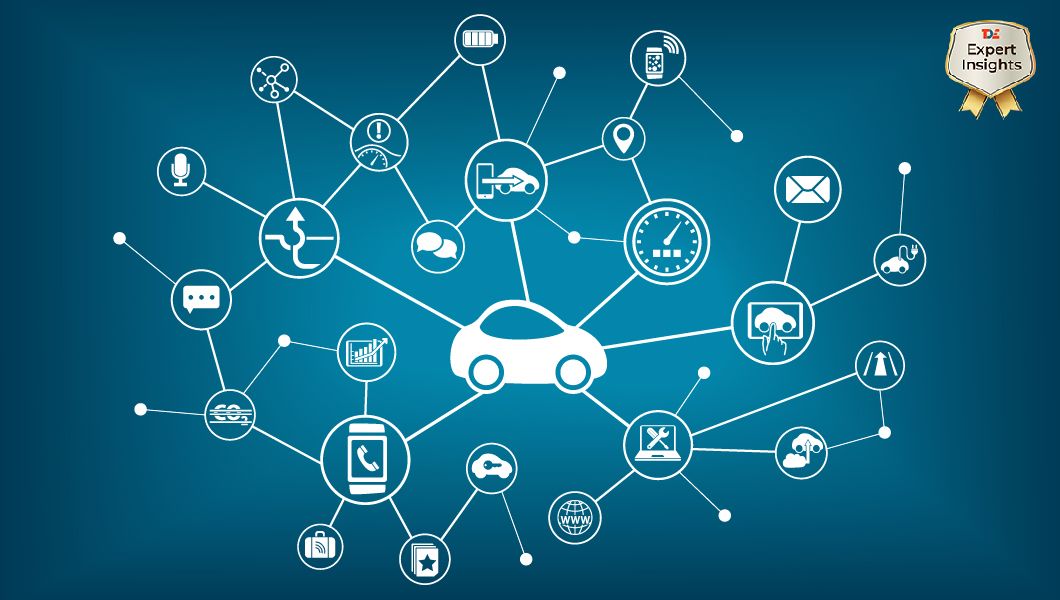The Future Of Business Is Under Construction And You Are Its Architect

What’s the future ? quizzes Brian Solis, Principal Analyst and Futurist at Altimeter
Disruptive technologies are hailed as catalysts for business transformation. But they are merely enablers for defining a new genre of market relevance and leadership. Among the subjects of disruption, how we work, market, sell, and serve requires nothing less than remodeling and in many cases, complete redesign.
The reality is that the future of business is always under construction. Yet, the state of business as usual is still pervasive and very much rooted in the past. Business models, ideals, market perspective, culture, et al. are steeped in tradition and process. However, what lies ahead is nothing short of absolute disruption. What am I talking about? Disruption is already here.
Things are changing, as they always do, but this time, it’s introducing a series of tests where each one can cause a significant domino effect in either direction of long-term relevance or irrelevance.
Technology is impacting culture, society, and ultimately how business is done. But it’s also an age thing…there’s literally a “C” change coming. Connectedness is affecting customer and employee behavior to the point that the very fabric of business philosophy is challenged. Executives are largely unprepared for what’s happening. They are not skilled in managing an organization or market comprised of Generation-C (connected).
Everything now moves in real-time. People are always connected, self-interested and learning to become accidental narcissists. The standards for engagement are not only dated, they’re counter-intuitive.
The “C” change I mentioned earlier refers to the fact that most organizations are still drafting the momentum from previous success. But the customers, employees and standards of success many executives still lean on are only getting older while a more nimble, discerning, and enlightened generation is on the rise. Add to that the never-ending onslaught of disruptive technologies that continue to influence market shifts, the need for open mindsets and agile models is paramount.
Now more than ever, businesses are vulnerable to Digital Darwinism, when technology and society evolve faster than the ability to adapt. You have to become the people you’re trying to reach instead of asking them to compromise their present for the past.
To succeed in the future takes the ability to learn, unlearn and improve and invent…faster than you do today. What we do or don’t do, defines how we will compete for the future and our place in it.
You are the architect of your future and we are the beneficiaries.


 By
By 








